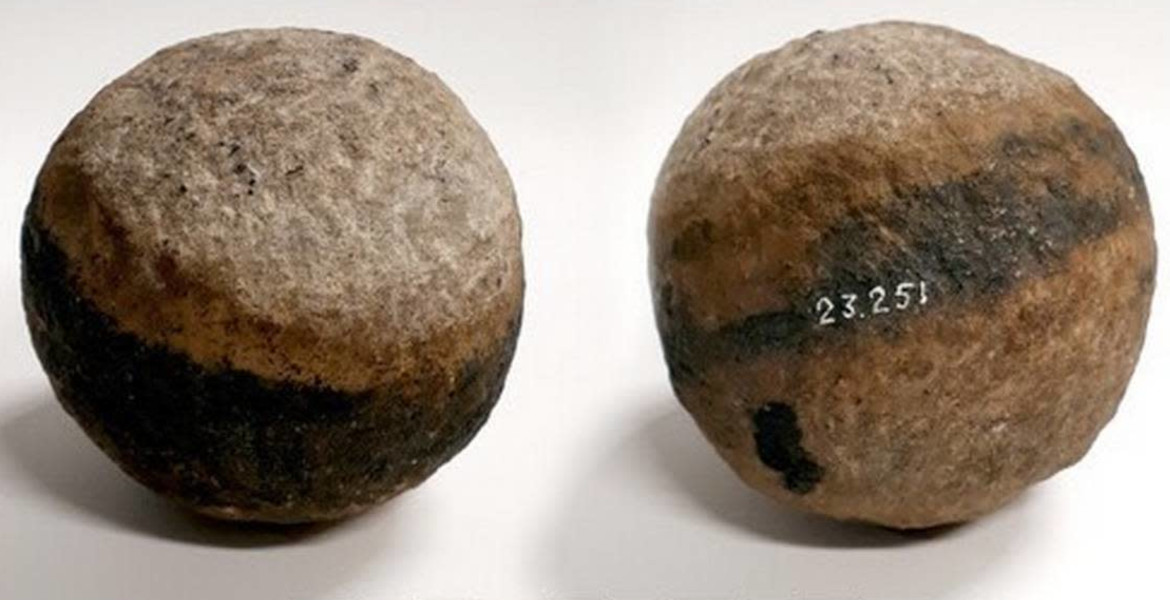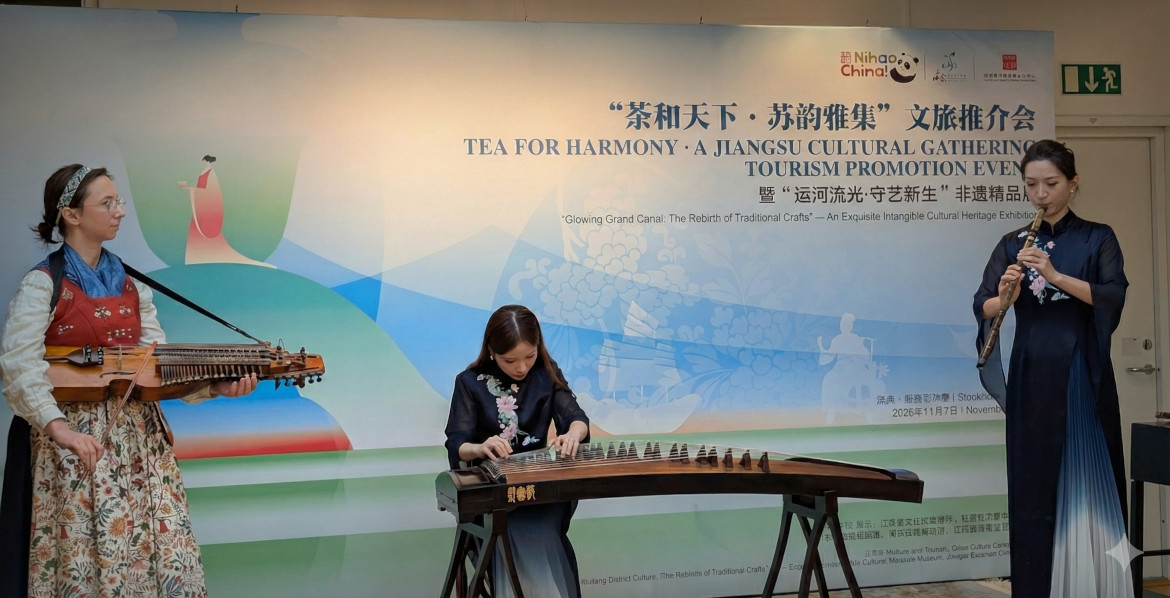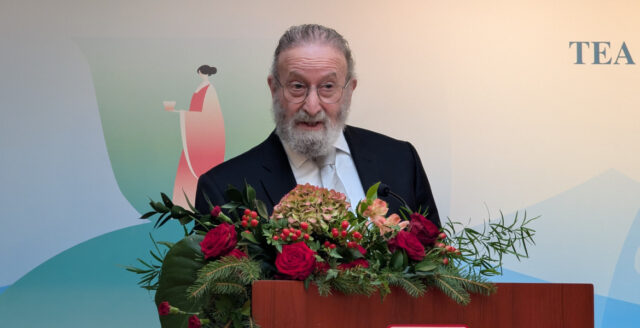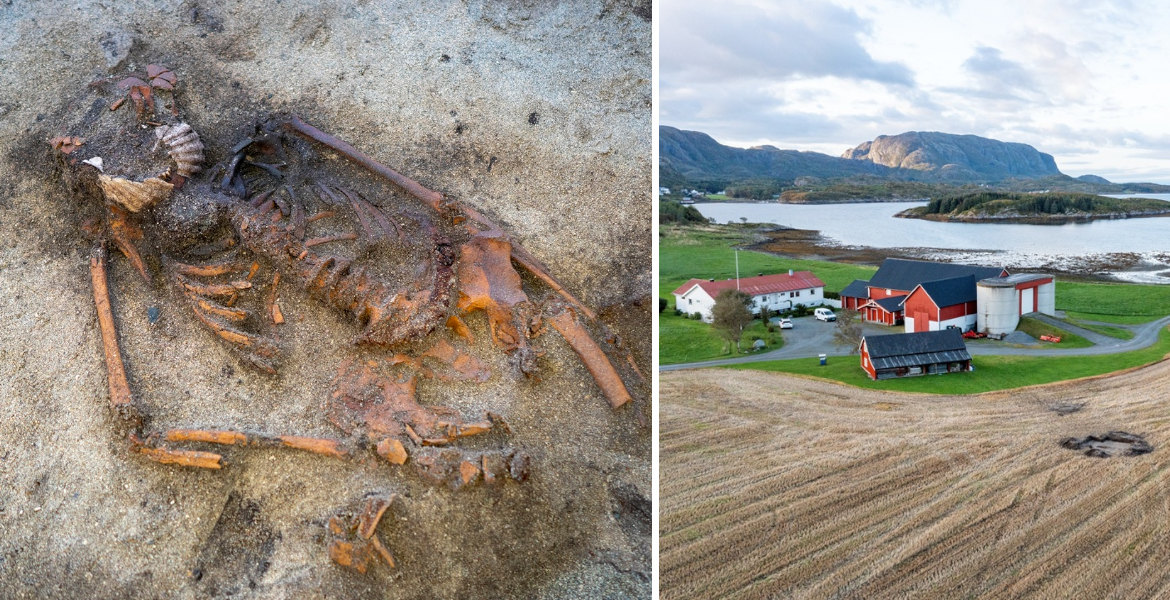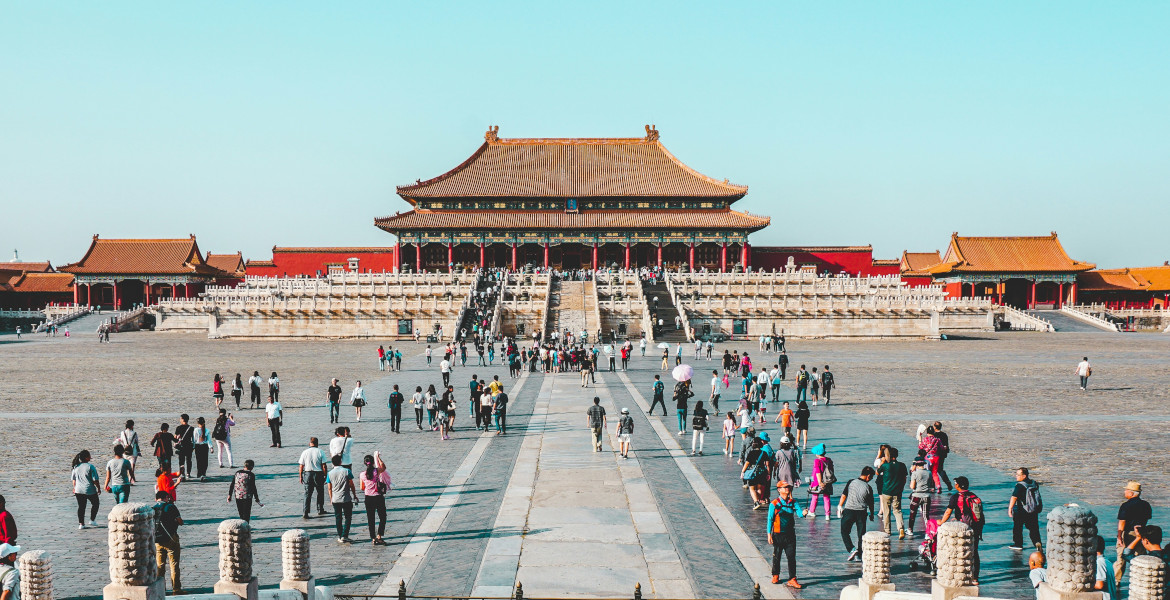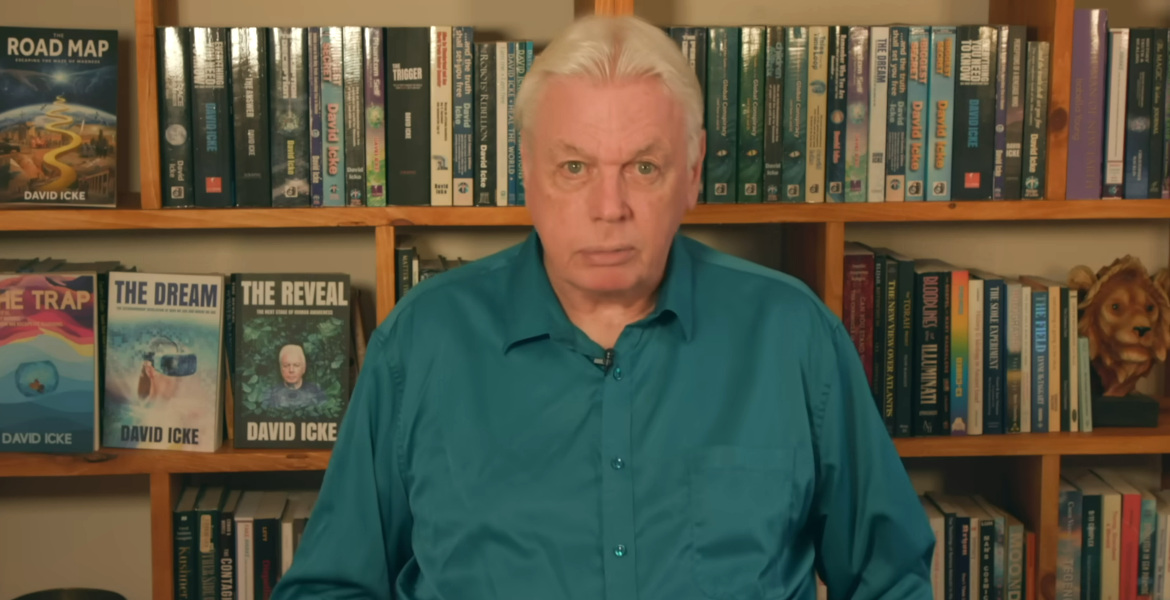Archaeologists at Stockholm University have conducted a detailed study of a historic shipwreck and made a discovery that could shed new light on shipping in the Baltic Sea during the Middle Ages.
The wreck, known since 1969 but never thoroughly explored, now shows that it may have been engaged in battle just before it sank.
The wreck was discovered in 1969 on the seabed off the coast of Maderö, not far from Stockholm. Although several divers have been down to the ship, no proper investigation has been carried out.
However, in May 2022, a group of archaeologists from Stockholm University decided to take a closer look at the wreck, and the results have now been published in the International Journal of Nautical Archaeology. The team took more than 1,000 photographs and several samples from the 15-meter-long ship.
"We don't know much about the architecture of these ships, so every new wreck we study greatly increases our knowledge", study author Niklas Eriksson wrote in an email, according to the Miami Herald.
Trees felled in 1467
The shipwreck is about 22 meters underwater, and when the archaeologists took samples of the wood used, they found that the wood came from a tree that was felled in 1467, but was likely imported.
"The different origins of the wood suggest that the Maderö ship was built in a shipyard that brought in and imported materials from a wider area, rather than relying on locally grown wood", the archaeologists wrote.
The cargo consisted of medieval roof tiles, bricks and special bricks for doors and windows. Analysis shows that these came from Mecklenburg-Vorpommern in Germany.
"The origin of the cargo seems somewhat surprising in this context, as it was assumed that the domestic production of bricks and tiles could meet the demand for construction work".
Piracy in the Baltic Sea
The ship probably sank during a trading voyage, but archaeologists examined several cannonballs on board and found sulphur on one of the bullets, suggesting that it may have been loaded into a cannon just before the ship sank.
"There was a lot of piracy in the Baltic Sea in the 14th and 15th centuries. At that time, before many state fleets had been formed, large ships often had a dual purpose: to deliver goods and to defend themselves against attackers", says Eriksson.
There are many indications that the ship was heading for Stockholm, which means it was only a few kilometers from its final destination.
